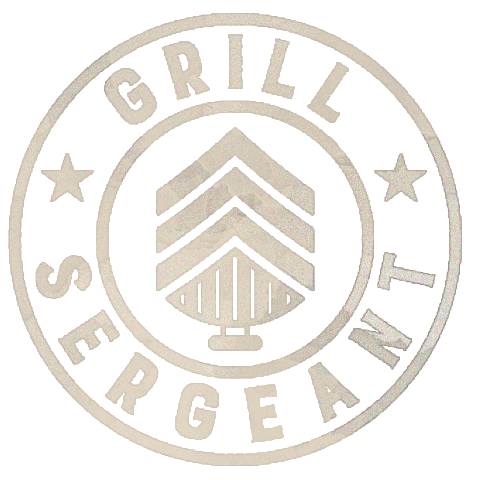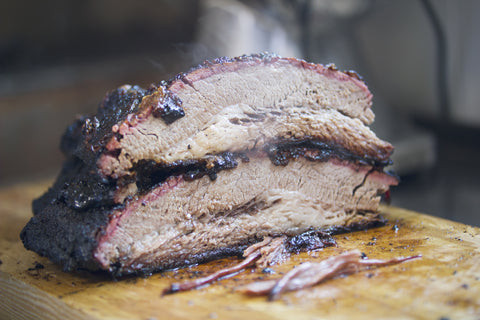Do we think you should salt meat (especially larger cuts) in advance - YES! I like to salt mine days in advance, but even salting it overnight (or even just 1 hour early) can yield exceptional results. If you don't have at least an hour though, don't bother - as the moisture won't have time to reabsorb with the salt.
Salting meat separately and in advance, a process known as dry brining, has several benefits:
-
Enhanced Flavor: Salt helps to enhance the natural flavors of the meat by drawing out moisture, concentrating the taste, and breaking down certain proteins. This results in a more flavorful end product.
-
Improved Texture: Salting in advance can lead to a more tender and juicy texture. The salt helps to break down muscle fibers, resulting in meat that is easier to chew and has a more pleasing mouthfeel.
-
Better Seasoning: Salting in advance allows the salt to penetrate deeper into the meat, ensuring that it is evenly seasoned throughout rather than just on the surface.
-
Moisture Retention: Contrary to the belief that salt draws out moisture, when salted in advance, the meat initially releases moisture, but then reabsorbs it along with the salt, resulting in improved moisture retention during cooking.
-
Time Efficiency: Pre-salting allows the meat to be seasoned well ahead of cooking, saving time during meal preparation and ensuring a more evenly seasoned final dish.
- How far in advance should I salt: This is a bit of a loaded question. Here's the short answer, though. If you have a fridge dedicated to this (which holds the proper temp and humidity), you can see dramatic results by "aging" your larger roasts 30-45 days (though you'll have some loss as you will be removing the ruined outer crust that develops, don't worry, it's perfectly safe to do this and can give you a deep, rich taste otherwise unobtainable). I often salt brisket and other large cuts for 3-4 days allowing the salt to fully penetrate, but even overnight will work just fine! Thinner cuts, like steaks, can also benefit from salting days in advance (kept in the fridge), but even a couple of hours will yield excellent results. Just keep in mind that if you are going to salt early (and you should), just do it at least an hour two before cooking lest you'll realize no benefits.
- Science: I kinda dig science. It shows us that the reverse sear (cooking as close to the desired temp as possible and then blasting it with heat right at the end is hands down the best cooking method for larger cuts of meat, I'm thinking of you, Prime Rib Roast) is the best method of cooking larger cuts, that smoking your meat with the fat towards the source of the heat (as opposed to always on top - the fat just doesn't absorb back into the meat and just runs off) protects it and actually makes for a juicier finished product, and it shows us that salt molecules are the only ones small enough to actually penetrate deep into the meat (so don't worry about your rub or even pepper for that matter - apply those right before you cook)!
Overall, salting meat separately and in advance is a simple yet effective technique to improve flavor, texture, and overall quality of the cooked meat.


